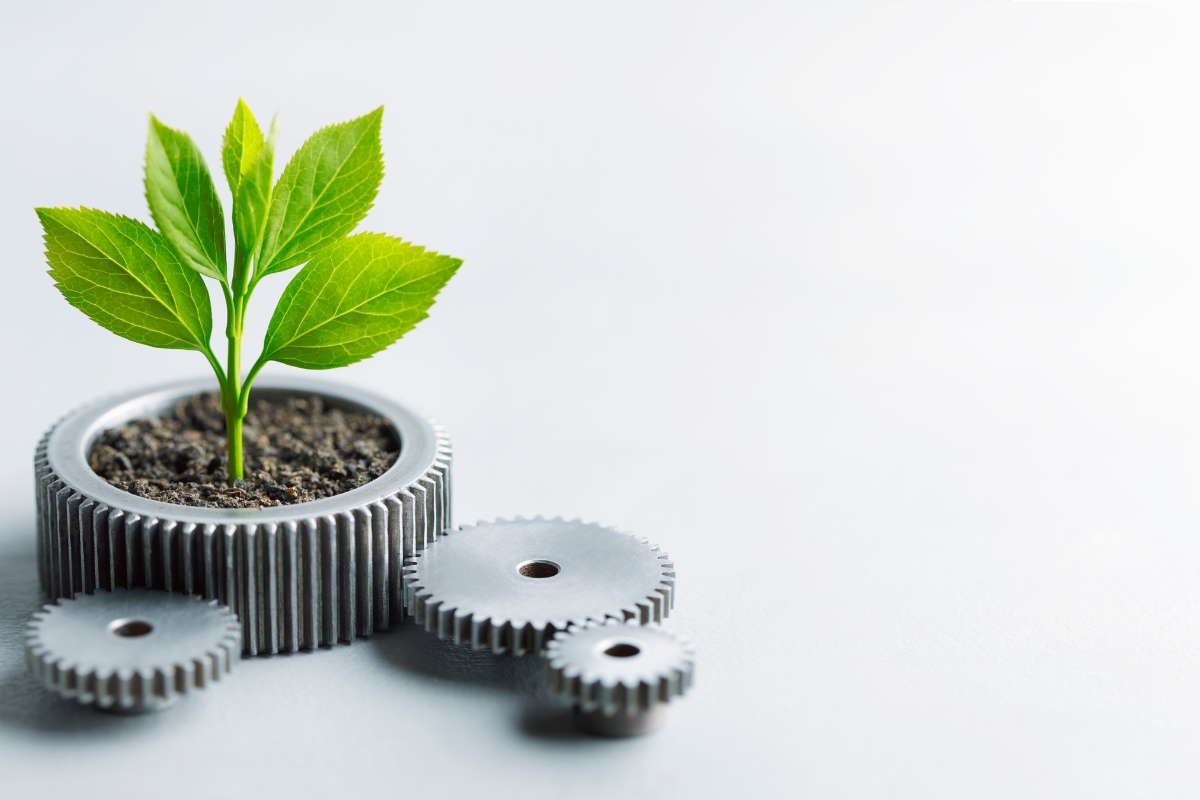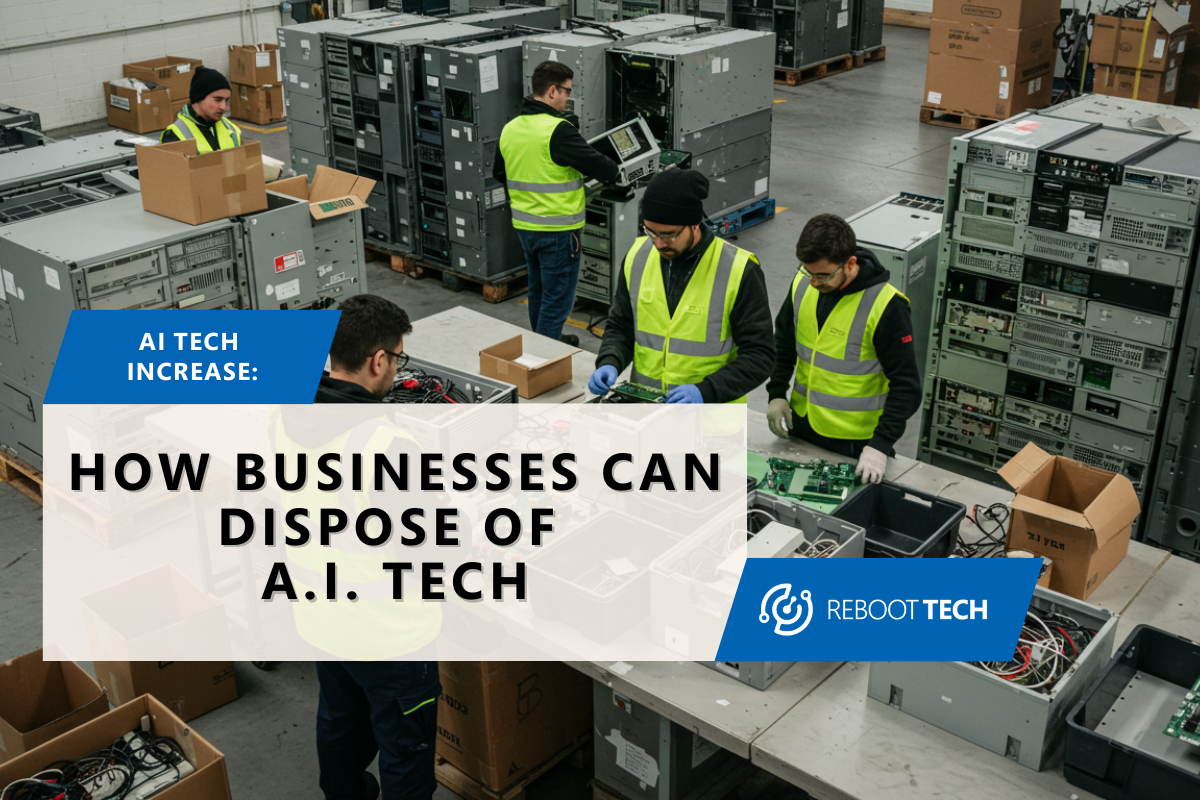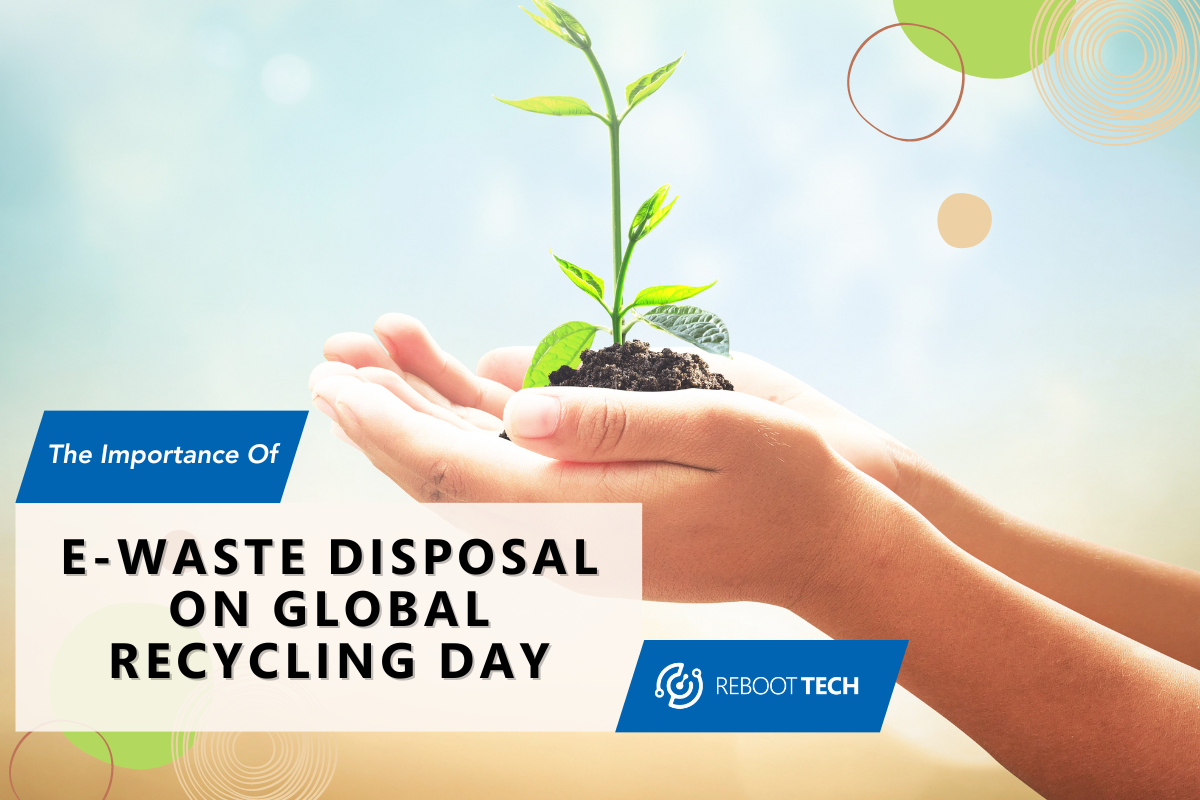
The Importance of E-Waste Disposal on Global Recycling Day
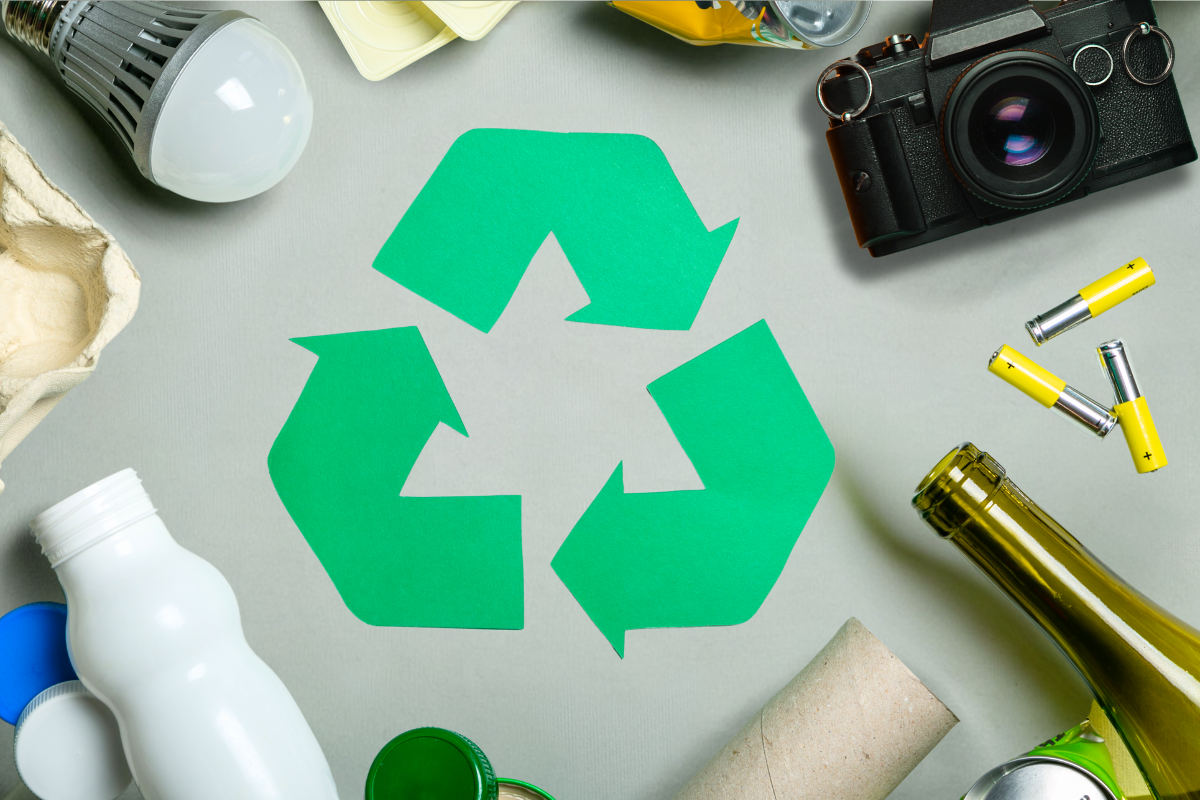
Today, e-waste (the fastest-growing waste stream) is a major problem because of fast-paced technology advancements. In fact, 57.4 Mt (Million Metric Tonnes) of e-waste was accounted for globally in 2021. Disposing of electronic devices raises global environmental and health concerns.
This article explores the importance of Global Recycling Day, the urgent need to tackle one of our fastest-growing waste streams around the world, and what you can do to help our environment and play your part.
What is Global Recycling Day?
Sometimes, we take our environment for granted. We know to do things like recycling as the phrase “reuse, reduce, recycle” has been ingrained in us. However, recycling can easily be cast aside in our minds, as we may forget just how important it is when we go on about our days.
This is what today is for. Global Recycling Day is observed every year on March 18th. It’s a worldwide effort by the Global Recycling Foundation, established in 2018, to promote recycling and support sustainability. Its goal is to raise awareness and encourage people, communities, and businesses to recycle.
Threats to The Environment
E-waste is a big problem for the environment and people’s health. As technology keeps advancing quickly, more and more electronic products become outdated and get thrown away. If these devices aren’t disposed of properly, toxic materials end up in landfills.
There, they can release harmful chemicals like lead, mercury, and cadmium into the soil and water, which can hurt plants, animals, and humans. Also, e-waste often has materials that can be recycled and used again, which helps save natural resources.
This threat will continue to grow, as almost every industry out there heavily relies on technology for business. Schools, Entertainment, Retail, and many more rely on new technology to make things more efficient. The problem is that many people do not know how to properly recycle their electronics.
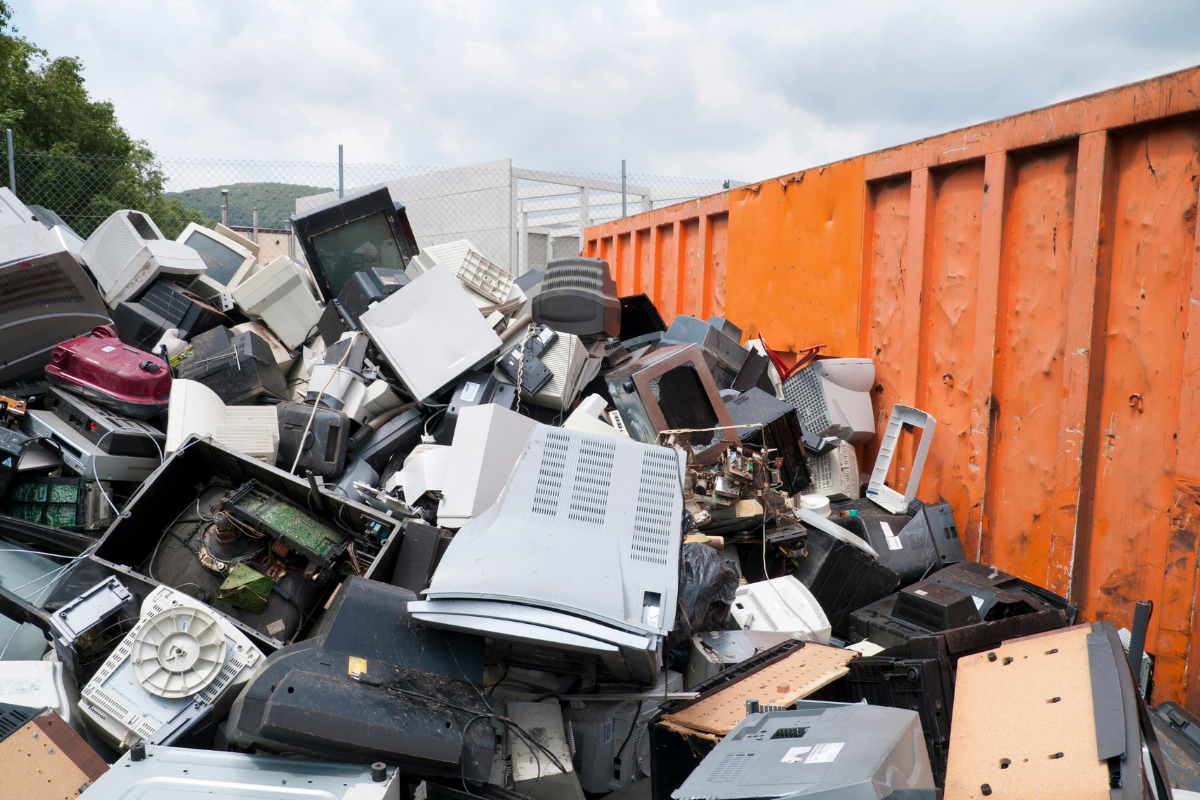
Damages to The Eco-System
As mentioned before, E-Waste can heavily harm both humans and our environment, but how does it do this exactly? E-waste contains hazardous materials such as lead, mercury, cadmium, and brominated flame retardants.
These can get into the environment and cause serious health problems. Exposure to these toxins can lead to respiratory issues, neurological disorders, reproductive problems, and even cancer. Plus, the improper disposal of e-waste adds to air and water pollution, degrading the environment.
If chemicals such as lead and cadmium get into rivers or oceans, it can heavily impact the wild life there. Since these chemicals have toxicy heavy metals, if consumed, it can kill or cause severe organ damage to our wild life in our oceans/rivers.
Indirectly, this would have a major impact on us as well. The water ecosystem could have a disrupted aquatic food chain. If humans consume fish who were affected by this, we can get really sick or develop several internal disorders.
How to Recycle E-Waste
Yes, all of that sounds very scary. The important thing to remember is that there are ways to prevent this from happening by doing one simple thing. Yes, you guessed it, recycling, by doing this, we can properly protect the environment and public health.
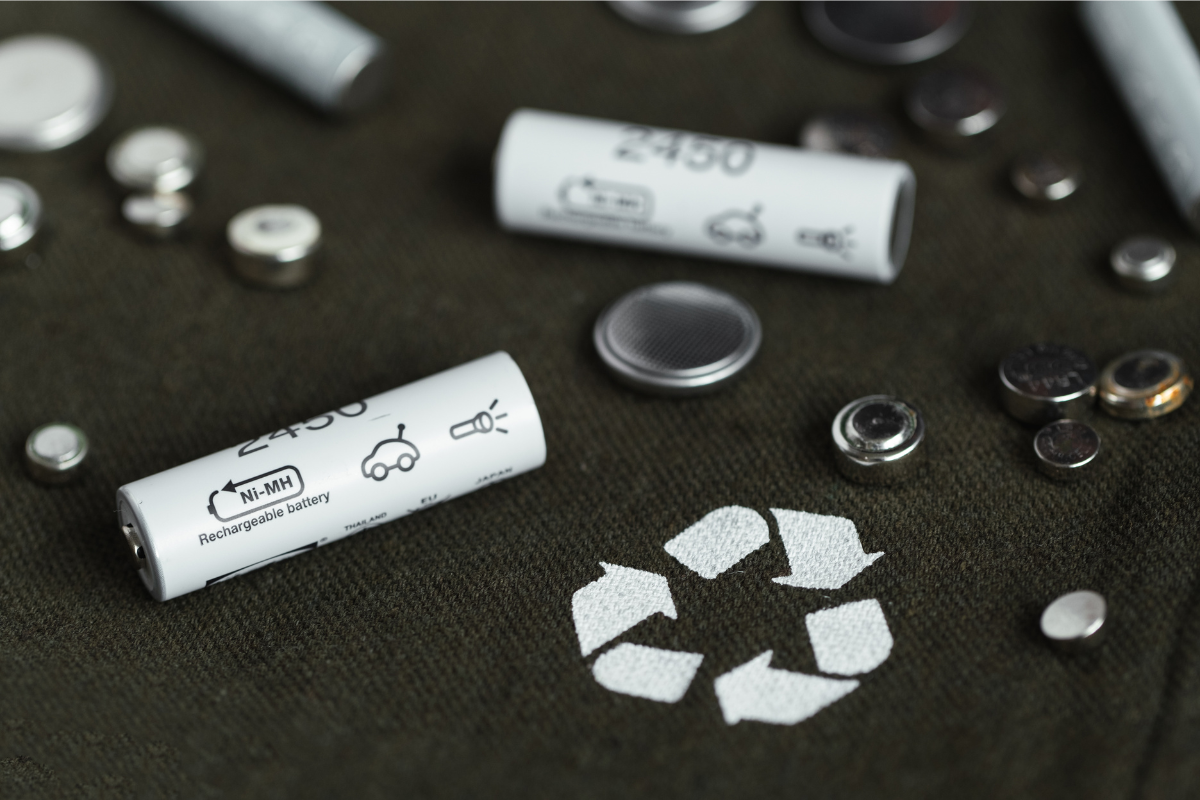
The first thing you can do is to visit certified recycling centers to handle them. This can be especially helpful if you’re a business and have an overflow of electronics, and need a place to destroy your sensitive information.
E-waste recycling centers have special methods to take apart electronic devices, get useful materials back, and dispose of harmful parts safely. People can handle this waste responsibly by joining electronic recycling programs, giving old devices to trusted groups, or using specific drop-off spots.
Everyday Tips to Lower Your Electronic Surplus
Reducing e-waste begins with practice and education. Here are some everyday tips to minimize e-waste build-up:
1. Take Care of Your Devices
Regular maintenance and proper care can prolong the lifespan of electronic devices, reducing the need for frequent replacements.
2. Donate or Sell Old Electronics
Instead of throwing old electronics away, consider donating them to charities or selling them to people who can use them.
3. Practice Responsible E-Waste Recycling Processes
Use CalRecycling-certified recycling centers or drop-off locations to dispose of electronic items safely.
4. Choose Environmentally-Friendly Products
Pick devices with energy-saving features and materials that are easy to recycle.
Sustainable Recycling
Too often we neglect our Earth or forget just how important recycling can be. Global Recycling Day exists as a friendly reminder to us to handle e-waste properly and recycle sustainably. We need to be able to work together to prevent our e-waste from getting to the point where our health is in serious jeopardy.
By spreading awareness, encouraging responsible consumption, and supporting proper e-waste management, people and communities can help make the planet cleaner and healthier for future generations.
